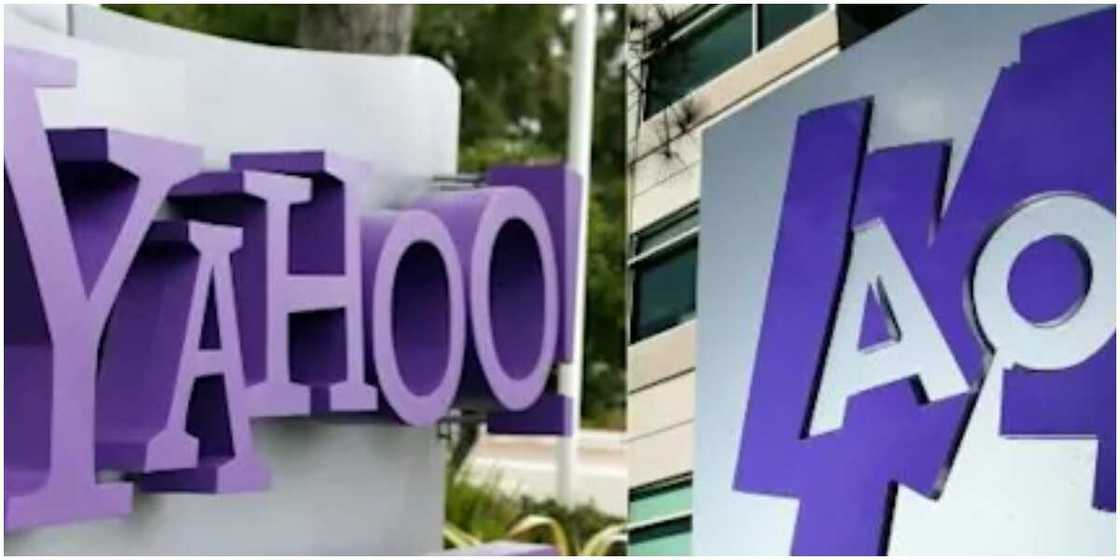Verizon Deal with Apollo Global Cost Yahoo Owner Over $3billion
- Verizon sold its internet businesses, Yahoo and AOL, half the price the company bought them in 2015 and 2017
- The company sold its internet business to Apollo Global Management in a deal worth $5 billion
- Verizon lost about $3 billion to the sale as it had bought Yahoo for $4.5 billion and AOL for $4.4 billion
Verizon lost over $3 billion after selling its internet businesses, Yahoo and AOL, to Apollo Global Management. The acquisition deal between both companies is worth $5 billion.
Verizon announced it sold the two media companies half the price it bought them. It was gathered that AOL was bought for $4.4 billion in 2015 by Verizon, and Yahoo was acquired for $4.5 billion in 2017.
Verizon has announced it sold Yahoo and AOL for $5 billion to Apollo Global Management, but will retain 10% in the two companies which had been previously merged under Oath.
This means TechCrunch, Yahoo Finance and Engadget, which are media companies under Yahoo and AOL, will be taken over by Apollo Global, but the acquired internet companies will remain under Chief Executive, Guru Gowarappan.

Source: UGC
Apollo Global, which is a private equity firm said they are big believers in the growth prospects of Yahoo, while a partner in Apollo, Reed Rayman, said it will unlock potentials in the company and other firms attached to it.
Rayman said Apollo, alongside Verizon, will accelerate Yahoo's growth to the next stage while the acquired firms remain under Gowarappan and his team.
Meanwhile, Legit.ng had previously reported that small businesses are losing sales to Ramadan as Muslims have reduced their patronage since the fasting started in April 2021.
The small business owners said their customers have not been patronising their shops, so demands have fallen. Some have had to change their business strategy in order to remain operational.
A seller said she began to prioritise non-alcoholic products since alcohol brands were not bought, while Akara and Pap seller changed the time she sells.
Source: Legit.ng


